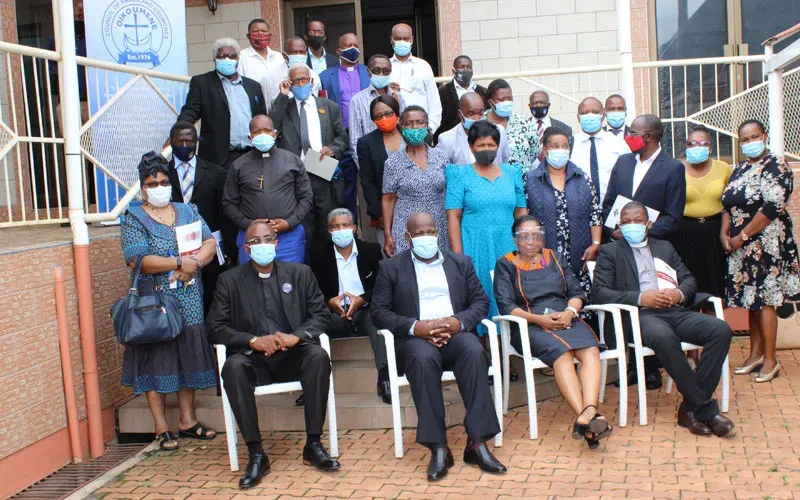Manzini, 20 May, 2022 / 6:51 pm (ACI Africa).
The Council of Swaziland Churches (CSC) has decried alleged incidences of brutality by authorities in the Southern African nation that is experiencing unrest amid calls for democracy.
In a statement circulated Thursday, May 19, the church leaders in Swaziland express with concern that violence has become an everyday occurrence in the country and appeal to government agencies to find ways to end the conflict without excessive use of force.
“The Council of Swaziland Churches notes with concern the continuing tension in the country that has unfortunately led to the violence that we are seeing and hearing about almost every day. This comes as a result of many unresolved conflicts that the nation has been grappling with, especially since May 2021,” the Church leaders say in the statement signed by the Council Secretary, Rev. Zwanini Shabalala.
They call on security agencies in the country “to stop the excessive use of force and follow the law when doing their work” as the Southern African nation continues to look for a lasting solution to its challenges.
“We note with concern the growing frustration and anger coming from both government agencies and protesting citizens which has led to destruction of property, injuries and loss of lives.,” CSC officials say, adding that significant damage has been recorded in students’ protests, trade unions’ demonstrations and in mass actions by pro-democracy groups in the country.








